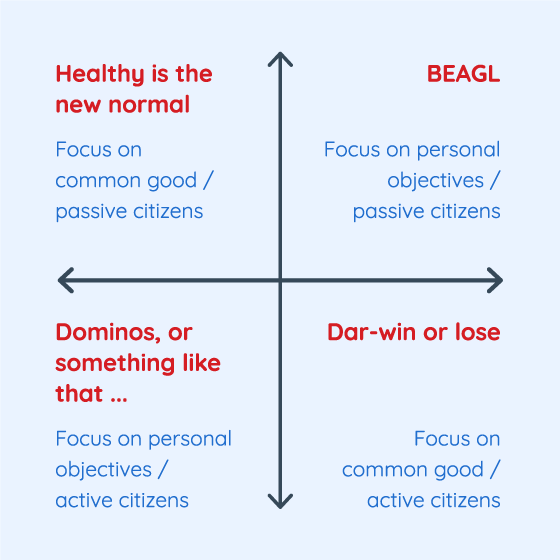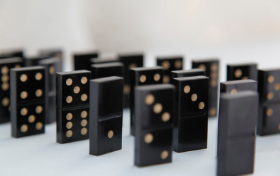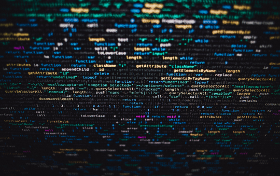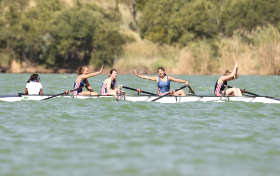Teckno 2030: future scenarios as stepping stones to developing the guiding principles

The Fund Dr. Daniël De Coninck and the King Baudouin Foundation assembled a diverse group of health tech developers, researchers, care providers and associations representing patients and their carers around the “Teckno 2030” project.
Exploring the future was used as the methodology to develop the eight guidelines for caring technology. Participants were asked to describe four possible worlds in the year 2030 and to explore, with unrestricted imagination and creativity, the role of technology in health and well-being in these worlds. The task was not one of imagining a desired future, but rather of examining what was plausible and relevant. Overall, these universes show us how technology can develop in different social contexts and the implications for individuals, organisations, stakeholders and society.
Exploring the future enables participants in a discussion to go beyond current limits and to develop ideas about consequences related to today’s political choices for society.
World 1. Healthy is the new normal
Focus on common good, passive citizens

Our world has seen the balance between curative healthcare and preventative care turned upside down. Digital, data-based technology, is now enabling individual and collective adjustments to be made through education and coaching, but also by ‘nudging’ , a subtle means of developing people’s behaviour towards a healthy and protective lifestyle.
People have few problems with this because they are somewhat passive and, in their eyes, technology is a ‘black box’, about which they understand very little. Their lives are spent mainly in supportive residential neighbourhoods and blocks, where they find it agreeable to live.
World 2. Dominos, or something like that ...
Focus on personal objectives, passive citizens

Individualism predominates, but the people are not very active and have no power. And government is absent. Healthcare has been privatised. Insurance companies have become partners with data companies and commercial service providers. These powerful conglomerates are constantly launching new technological products destined for health and well-being, but what they offer only partially meets people’s real needs.
Large private stakeholders monopolise the market … and day-to-day life. Citizens are above all considered as consumers, even in the fields of health and care. Technology and data exploitation deepen the health gap. Those who have digital skills hold their own, whilst those who are vulnerable and falling into poverty find it difficult to get back on their feet.
World 3. Dar-win or lose
Focus on personal objectives, active citizens

‘The winner takes all’ could well be the mantra for this society. In our hyper-connected world, driven by technological innovation, a new type of capital has emerged: data have become a new currency and a personal asset. Citizens who are aware of this and well-informed waste no time in commercialising their data. However, this world is not without a certain form of solidarity. It manifests itself at micro level (micro-solidarity) and is supported by crowdfunding and loans. People who have common needs or skills make themselves known and contact each other through global networks and communication platforms. They take initiatives themselves and work to find solutions that meet their needs or the needs of others. Even though not everyone has the soul of a tech-nerd, people know how to introduce technological innovations into their lives.
World 4. BEtter AGeing for healthy Living and dying (BEAGL)
Focus on common good, active citizens

Data, algorithms and technology are considered to be a public good. With maximal accessibility, they are shared in a transparent manner, for everyone’s benefit. Open source is obvious, our privacy is a thing of the past. Technology and innovation answer real needs and serve the common good. However, everything can be improved. This is why BEAGL is a society of learning. Political choices are refined thanks to new knowledge and a progressive vision. Citizens participate in every level of decision-taking. People are eager to learn because they want to make informed choices. Everyone feels in the same boat and is willing to take the helm.